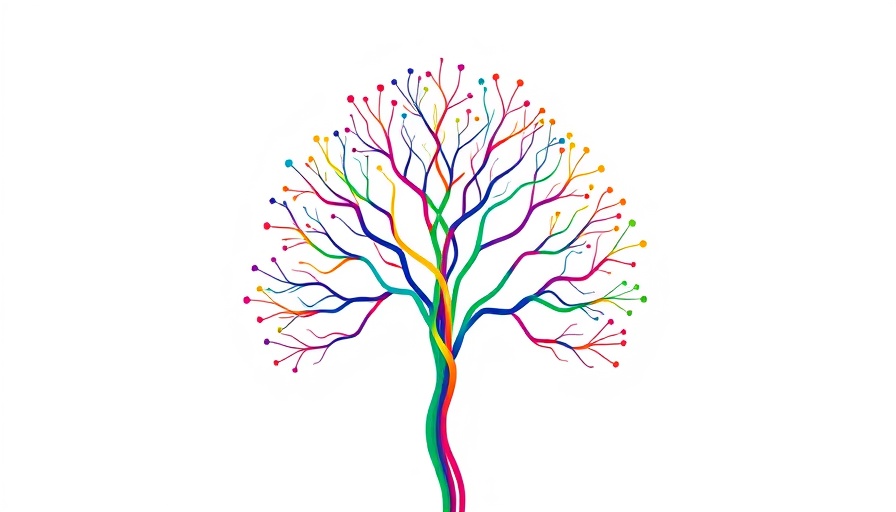
Unlocking Africa’s Financial Potential: A New Boost for Digital Inclusion
The Agence Française de Développement (AFD) has announced a significant commitment of an additional €3 million to the Africa Digital Financial Inclusion Facility (ADFI), managed by the African Development Bank. This infusion of resources aims to catalyze digital financial solutions across Africa, increasing the AFD's total investment to over €5 million. The initiative's core mission is to facilitate access to vital financial services—credit inclusion in particular—for underserved communities, thus fostering entrepreneurship and investment among those who need it most.
Addressing the Digital Divide in Africa
As much as 50% of Africa’s adult population remains unbanked, with marginalized groups such as women, youth, farmers, and small businesses suffering the most significant barriers to access. This latest contribution by AFD signals a proactive approach to overcoming the systemic challenges that hinder financial inclusion across the continent. Audrey Brule-Françoise of AFD emphasizes that developing tailored digital financial services is essential for reaching these excluded populations responsible for global food security and economic resilience.
The Importance of Partnerships in Development
Since its inception in 2019, ADFI has pursued a collaborative approach, partnering with various stakeholders, including the Gates Foundation and other governmental entities. The renewed support from the AFD demonstrates the importance of strategic alliances in mobilizing the necessary financial and human resources to address Africa’s developmental challenges. Such collaborations not only enhance capacities but also align with sustainable development goals, ensuring equitable access to financial resources.
Future Predictions: A Shift Toward Digital Economy
Experts predict that the African digital economy will experience significant growth as financial technologies continue to evolve. The ADFI’s strategic focus on infrastructure, policies, and gender inclusion will play a fundamental role in this transformation. By investing in scalable solutions that target specific national challenges, these initiatives could ultimately drive economic empowerment and bolster growth across diverse sectors in Africa.
With AFD's commitment, expectations rise for more profound impacts on local economies, especially in rural areas plagued by economic stagnation. Addressing gender access to finance will also see attention from strategic interventions designed to elevate women's roles in the digital economy.
Concluding Thoughts: The Way Forward
The investment in ADFI illustrates a vital understanding of the interplay between finance, technology, and economic growth on the continent. As investment in digital financial solutions continues, it becomes increasingly critical for local stakeholders to support these efforts actively. Understanding the importance of financial inclusion can inform policy decisions, promote better governance, and enhance overall economic sustainability. For business leaders, policymakers, and academics alike, engaging with developments in Africa’s digital economy is now more essential than ever.
 Add Row
Add Row  Add
Add 


 Add Row
Add Row  Add
Add 

Write A Comment